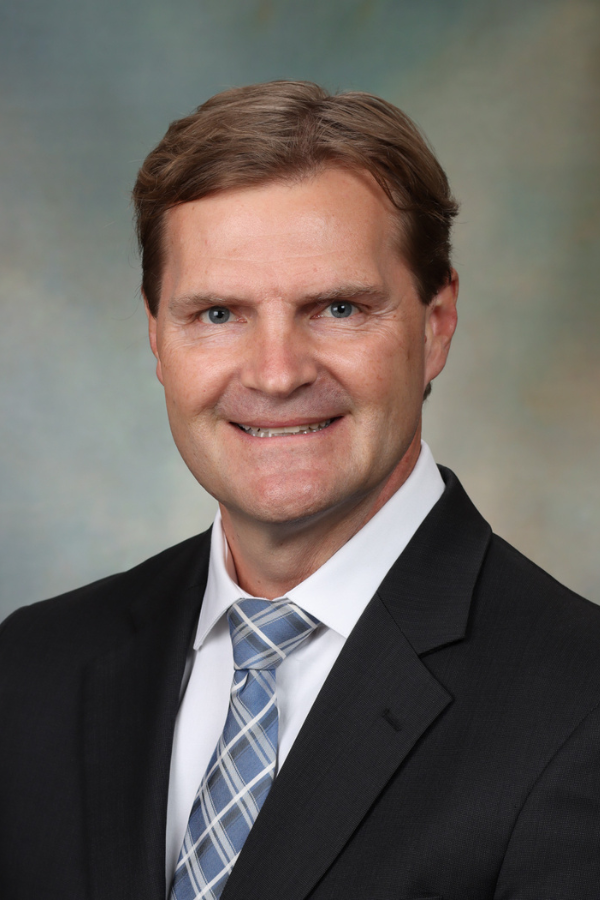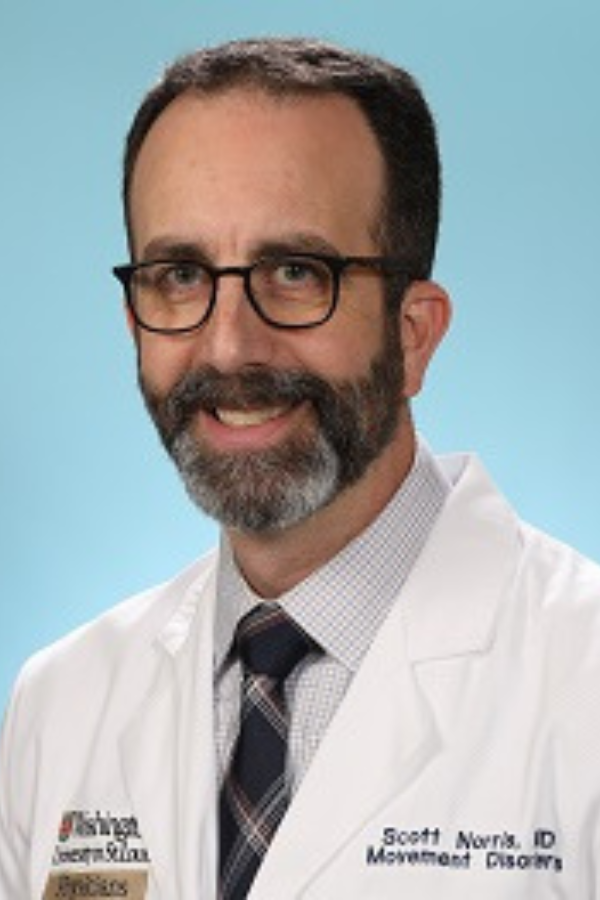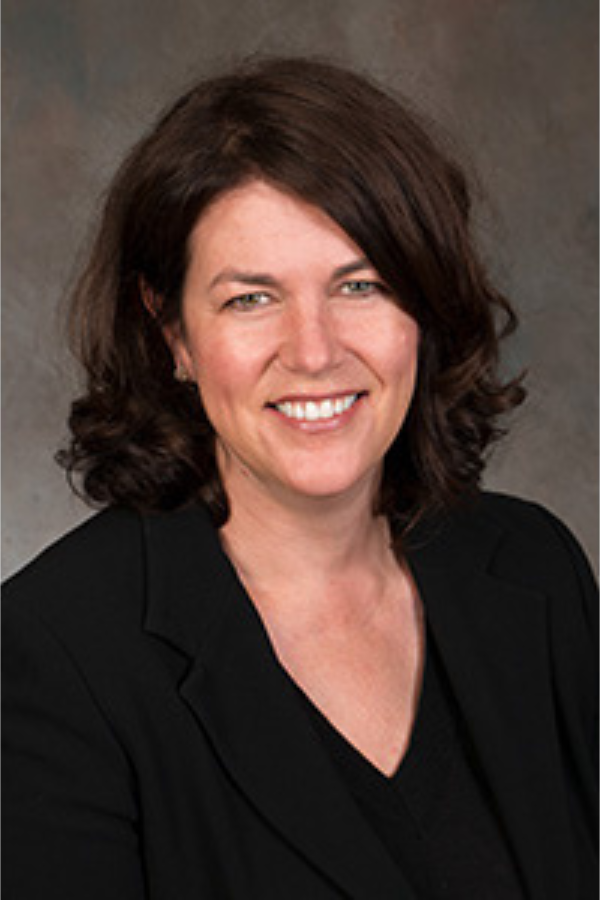In order to advance research in spasmodic dysphonia, the Scientific Advisory Board (SAB) was established in 2007 with the primary responsibilities being the review of grant applications, charting future research directions, and fostering collaboration with researchers. The inaugural meeting convened in February 2008, brought together a distinguished group of experts, including Chairperson Christy Ludlow, PhD (Speech Pathology), Gerald Berke, MD (Laryngology), Craig Evinger, PhD (Neuroscience), Laurie Ozelius, PhD (Genetics), and Carlie Tanner, PhD (Neuroepidemiology). Over the years, there have been some changes in our SAB Board membership, including the appointment of Dr. Berke as Chair following Dr. Ludlow’s retirement, Dr. Julie Barkmeier-Kraemer (Speech Pathology) joining the Board, and, most recently, Dr. Carlie Tanner’s rotation off the Board. We are excited to announce the recent appointment of three new members of the Scientific Advisory Board, David Lott, MD (Laryngology), Scott Norris, MD (Movement Disorders), and Susan Thibeault, PhD, CCC-SLP (Speech Pathology). Each one brings their own unique perspective to voice research, and we are honored that they have volunteered to serve on behalf of our community.

David G. Lott, MD
Dr. Lott holds the academic rank of Professor of Otolaryngology at Mayo Clinic College of Medicine and Science. He serves as the Chair of the Department of Otolaryngology–Head and Neck Surgery/Audiology at Mayo Clinic Arizona. His practice includes the treatment of spasmodic dysphonia, voice and swallowing restoration, laryngeal cancer, and laryngotracheal reconstruction. Dr. Lott received his MD degree at the University of Iowa Carver College of Medicine and completed an Otolaryngology–Head and Neck Surgery residency at the Cleveland Clinic Head and Neck Institute. He received further fellowship training in Laryngeal Surgery and Professional Voice at Harvard Medical School/Massachusetts General Hospital. Dr. Lott is the Director of the Head and Neck Regenerative Medicine and Transplantation Program at Mayo Clinic and the Associate Director of the Mayo Clinic Center for Regenerative Biotherapeutics. He is on the faculty for both the Clinical & Translational Science and Regenerative Sciences tracks within the Mayo Clinic Graduate School of Biomedical Sciences. He is also the medical director of the Arizona State University/Mayo Clinic Speech Pathology Voice Internship and the Mayo Clinic Speech-Language Pathology Clinical Fellowship.
From Dr. Lott:
How did you become interested in voice research as a clinician treating patients?
Every day in my practice, I see the huge impact voice disorders have on quality of life. Our current treatment options are good but not good enough. It is incredibly important to better understand the cause of voice disorders and determine better treatment options.
What would you like to see in the future for spasmodic dysphonia research?We need to have a better understanding of the cause of SD. It is very difficult to determine treatment options without knowing why/how the disorder happens. As
we learn more about the cause, potential new targets for treatment appear.
What message would you like to share with our community about the progress in voice research?
This is a very exciting time in voice research! More research is being done on voice disorders than ever before. What is even more exciting is the interest and partnership with patients with voice disorders. This collaborative approach will foster even more interest, excitement, and validation of the importance of this research.
Anything else you would like to share?
I am honored to be a part of this Scientific Advisory Board. I have witnessed the passion of the members and researchers associated with this team for many years. It is truly inspiring, and it is a privilege to now be a part of it.

Scott Norris, MD
Dr. Norris is an Associate Professor of Neurology and Radiology and the Section Chief in the Movement Disorders Section at Washington University School of Medicine, St. Louis, MO. He is a movement disorder specialist, clinician, researcher, and educator. Dr. Norris received his MD from the University of Missouri-Columbia School of Medicine, Columbia, MO. He completed his residency and movement disorders fellowship at Washington University School of Medicine, St. Louis, MO. He is also an ad hoc peer reviewer for numerous neuroscience journals. Dr. Norris’ research involves using advanced neuroimaging tools to study how brain dysfunction relates to movement disorders and dystonia.
From Dr. Norris
As a movement disorder specialist treating patients with dystonia, how did you become interested in voice research?
In the first week of movement disorders fellowship training, I was asked to evaluate a patient presenting with an isolated voice disorder. Despite years of medical education to date, I was quickly humbled by recognizing insufficient knowledge to adequately diagnose and manage this patient’s condition. My mentor, Dr. Joel Perlmutter, quickly supplemented my knowledge while imparting proficiency, confidence, and compassion when treating patients affected by rare or previously misdiagnosed voice disorders as I learned more about voice disorders. As a neurologist under the mentorship of Drs. Perlmutter and Paniello, I quickly grew curious about observations that subtle brain dysfunction may contribute to particular voice disorders. I set out to further explore the relationship between brain dysfunction and voice disorders by applying non-invasive advanced neuroimaging tools.
What would you like to see in the future for spasmodic dysphonia research?
It is critical to improve clarity with respect to the classification, natural progression, and pathophysiology, or cause, of various voice disorders. Doing so allows clinicians and researchers to 1) improve their ability to differentiate and effectively diagnose specific voice disorders and 2) more effectively develop therapies for affected patients. Future research should focus on collaborative efforts to combine knowledge gained within existing lines of research that independently provide clues regarding the pathophysiology and successful treatment.
What message would you like to share with our community about the progress in voice research?
While improved treatment options or a cure can never come too soon, there are numerous recent and promising advancements in the field. Science and discovery remain an iterative process that requires patience and continued support. Dysphonia International provides unique opportunities to bridge patient needs, current knowledge and resources necessary to advance voice-related research. I’m optimistic that recent success will continue to garner enthusiasm and advancement in the field.
Anything else you would like to share?
I’m grateful for the opportunity to share expertise with the Scientific Advisory Board from the perspective of a movement disorders-trained neurologist. Dysphonia International offers a unique opportunity to convene with experts across multiple disciplines who share diverse perspectives on voice disorders. The ability to partner with speech-language pathologists, otolaryngologists, neurologists and others with both clinical and research experience offers a unique opportunity to meaningfully advance scientific discovery. I’m most excited that Dysphonia International provides direct connections with affected patients to better understand their current needs and help advance scientific discovery in a meaningful way.

Susan Thibeault, PhD, CCC-SLP
Dr. Thibeault is the Medical Director of the Speech & Hearing Services at UW Health and the Diane M. Bless Endowed Professor in the Department of Surgery, Division of Otolaryngology-Head & Neck Surgery, at the University of Wisconsin–Madison.
Dr. Thibeault received her MS at the State University of New York in Buffalo, NY, and her PhD at the University of Wisconsin, Madison, WI, both were in communications disorders. Dr. Thibeault is the Vice Chair of Research in the Department of Surgery and focuses broadly on further understanding the biological mechanisms of the extracellular matrix of the vocal folds, specifically related to inflammation, fibrosis and scarring in the larynx. Her NIDCD-funded research efforts are primarily in the areas of vocal fold mucosa biology, encompassing regenerative medicine, immunology, and development.
From Dr. Thibeault
How did you become interested in voice research?
When I was working as a master’s level SLP clinician, I became very interested in voice and voice disorders. I liked these patients, and you could typically help and see the impact of their therapy. As I was interested in doing a PhD, it just seemed like a natural fit for me. While doing my PhD, I was directed by my mentor, Dr. Diane Bless, to study the biology of voice, as not many people were studying this area. Because I had a bachelor’s degree in biology, I was able to take this on.
What would you like to see for spasmodic dysphonia and voice research in the future, and what message would you like to share with our community about the progress in voice research?
This is an exciting time to be working in voice research. The field is evolving quickly. With various advancements in technology, we are able to understand the biology of the vocal folds at a deeper level than ever before. This research will provide foundational information that is vitally needed in the field and will have an impact on many types of voice disorders, SD included.
Anything else you would like to share?
I am honored to be asked to be on the Scientific Advisory Board of Dystonia International. The upward trajectory of this nonprofit organization is very impressive, and I hope to contribute in a meaningful way.


